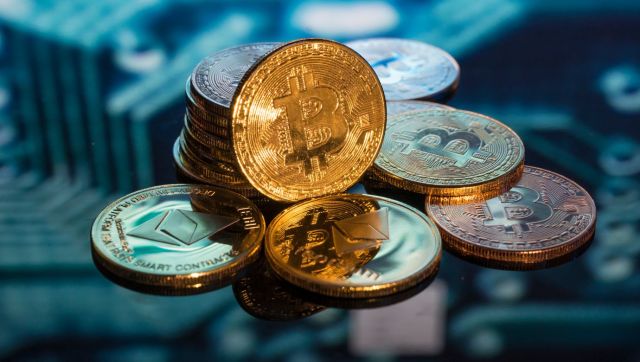Bitcoin needs to avoid a “local top” as institutions pile into the United States spot Bitcoin exchange-traded funds (ETFs).
In a thread on X on Oct. 30, analyst Mark Cullen cautioned over potential “ETF FOMO.”
Bitcoin ETF inflows see mixed reactions
Institutional investors are pouring hundreds of millions of dollars in net inflows into the US spot Bitcoin (BTC) ETFs daily.
The latest data from sources, including UK-based investment firm Farside Investors, puts the tally for Oct. 30 alone at almost $900 million — the second-largest ever.
US spot Bitcoin ETF netflows (screenshot). Source: Farside Investors
For longtime market participants, however, their success feels like the elephant in the room. During Bitcoin’s run to current all-time highs in March, ETFs saw similar success, but institutional enthusiasm ultimately formed a multimonth BTC price consolidation.
“The last couple of times the Bitcoin ETF flows were ~$900m+ and Price was > 70k, it signaled a local top. Just something to think about,” Cullen acknowledged.
Larger ETF inflows have become synonymous with bad omens for BTC price performance, but there is a chance the current trend may be an exception.
“With another huge inflow day for the Bitcoin ETF’s but little to no progress in price, lets hope the ETF FOMO isn’t going to mark a local top again this close to a new ATH,” Cullen said.
US spot Bitcoin ETF flows vs. BTC/USD chart. Source: Mark Cullen/X
Unlike earlier in the year, the amount of BTC available on so-called over-the-counter (OTC) desks is large enough to form a buying venue for the ETFs. This, onchain analytics platform, CryptoQuant said, allows large purchases that do not impact the spot price.
“Higher Bitcoin availability on OTC desks makes daily purchases from ETFs add up to a lower share of inventory,” said its latest weekly report seen by Cointelegraph.
“Currently, total daily Bitcoin purchases from ETFs represent between 1% and 2% of the total Bitcoin balance on OTC desks. This contrasts with a share of 9%–12% of total OTC balances in Q1 2024.”
Bitcoin ETF demand to OTC balance ratio (screenshot). Source: CryptoQuant
For the status quo to change, CryptoQuant said, ETF demand would need to be even higher.
“The bright spot is that OTC desks’ total Bitcoin balance is no longer growing at the pace it did in Q2–Q3 2024,” it added.
“The 30-day change in OTC desks’ total Bitcoin balance is now 3K Bitcoin, down from +77K in August and +92K Bitcoin in June. Bitcoin prices rallied in Q1 2024 to record highs as the growth in OTC desks’ balance remained mostly in negative territory.”
BTC price discovery anticipated
BTC/USD traded at about $72,000 at the time of writing on Oct. 31, per data from Cointelegraph Markets Pro and TradingView.
Related: Bitcoin analyst sees ‘scary’ BTC price upside as funding flat at $73K
Already at all-time highs in various global currencies, including the euro, a return to US dollar BTC price discovery is increasingly viewed as a matter of time.
“All of the suits who aped the ETF are now in profit and can start shilling IBIT to their other suit friends who just watched gold go on an insane move into price discovery,” William Clemente, co-founder of crypto research firm Reflexivity, said to X followers.
Clemente referred to the largest ETF product from asset management giant BlackRock, the iShares Bitcoin Trust (IBIT), whose net inflows totaled $875 million on Oct. 30.
Eric Balchunas, a dedicated ETF analyst at Bloomberg, predicted that the combined BTC holdings of the ETF providers would soon pass 1 million BTC.
IBIT, reaching $30 billion in assets under management, he added on X, had come in record time for an ETF product — just 293 days.
This article does not contain investment advice or recommendations. Every investment and trading move involves risk, and readers should conduct their own research when making a decision.









